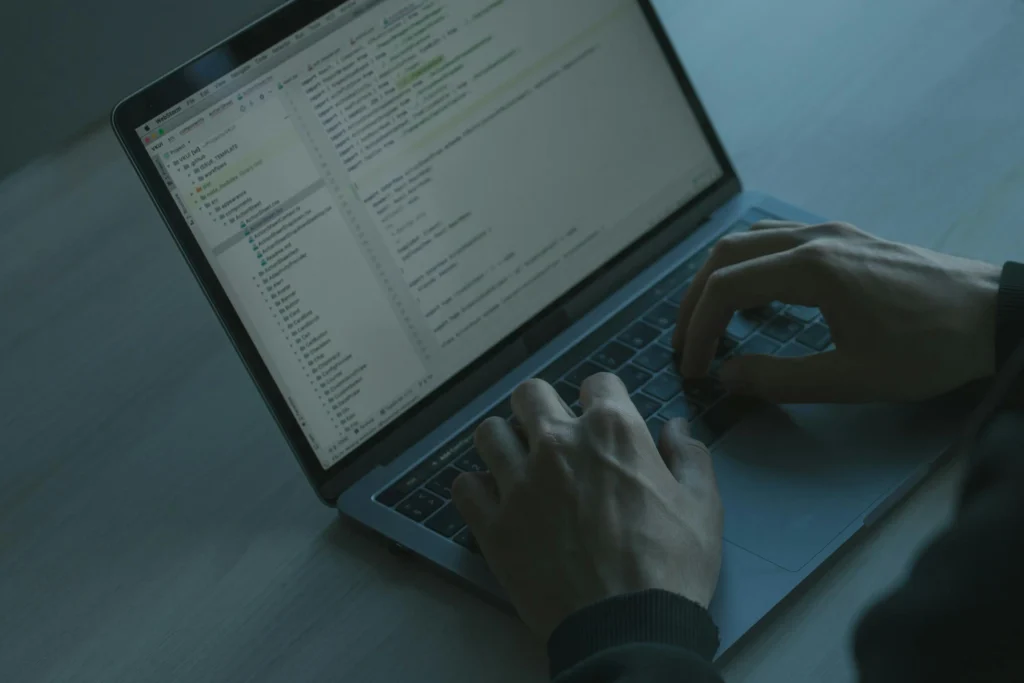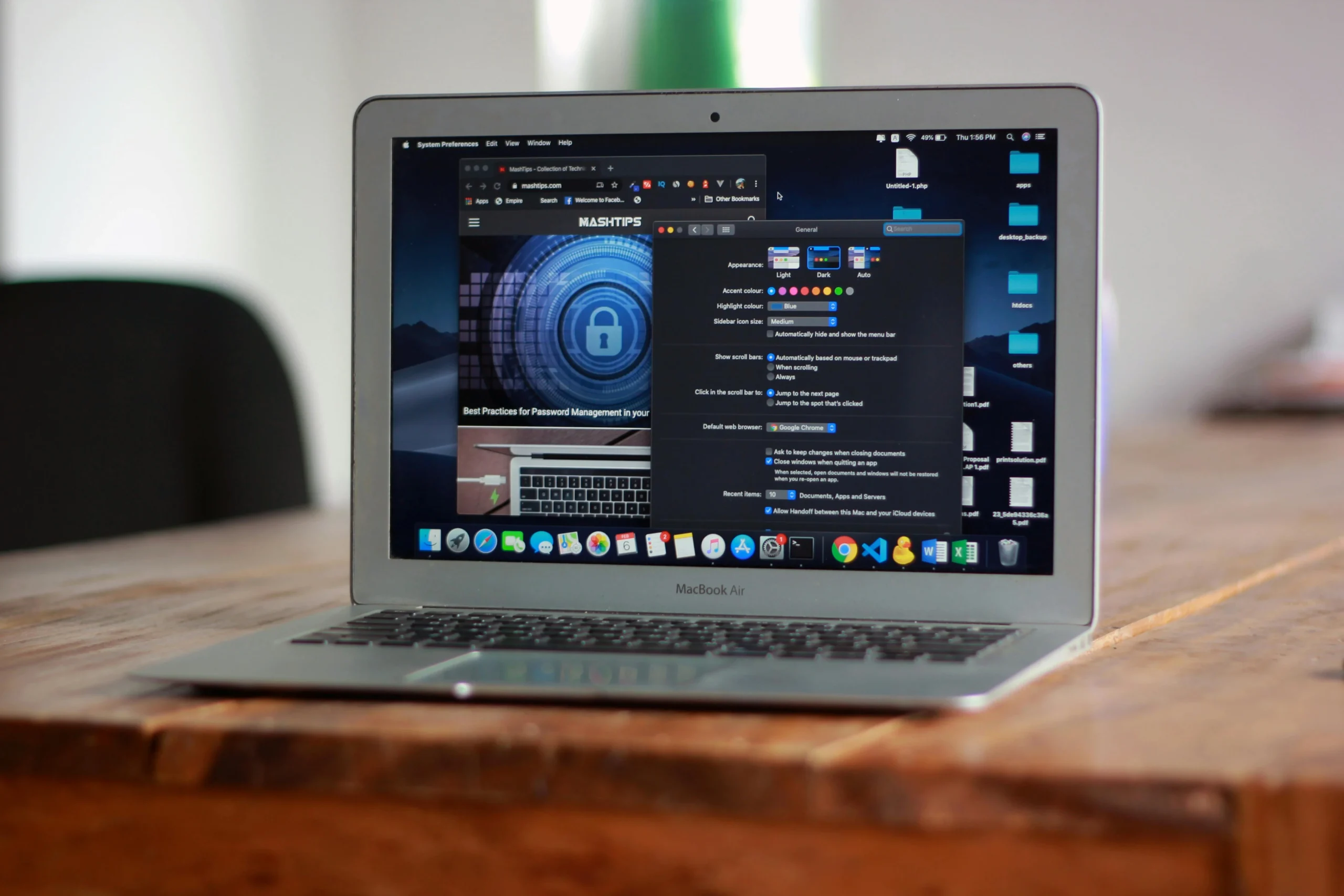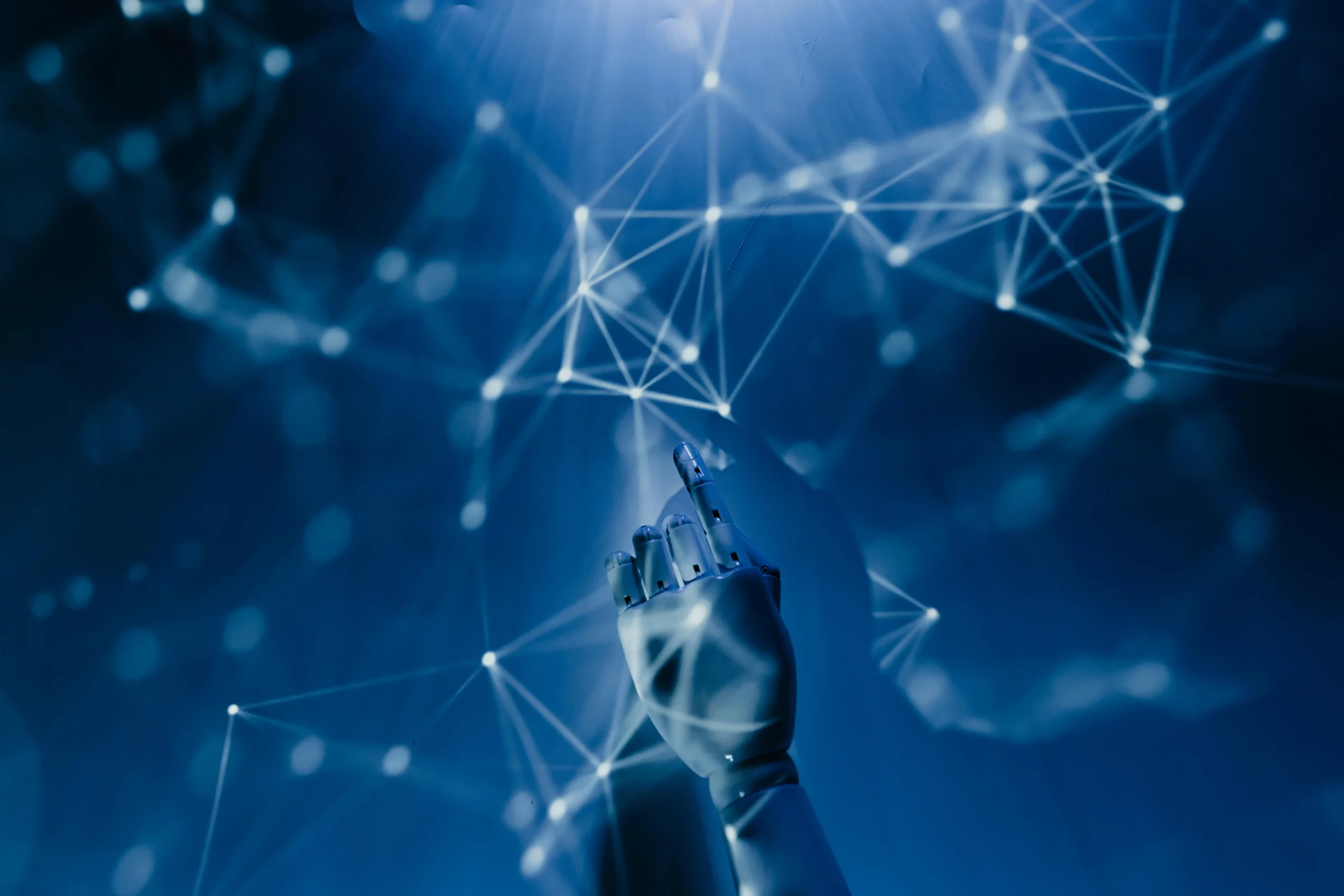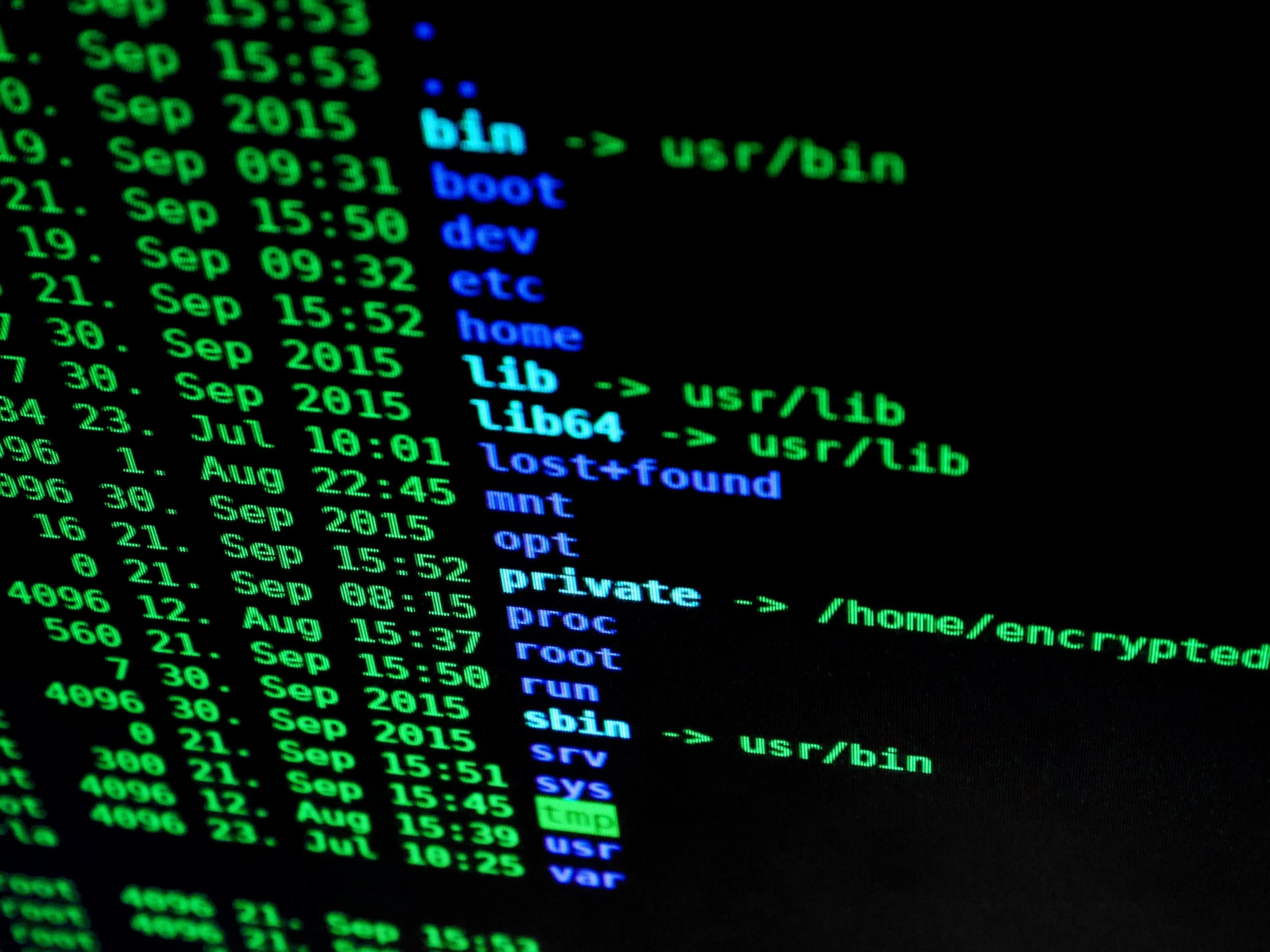The article explores the effects of AI on employment and work culture, emphasizing both the potential benefits and threats. With automation increasing productivity, the OECD found that countries embracing AI technologies experienced faster growth, yet many low-skilled workers remain vulnerable to job displacement. McKinsey predicts that by 2030, around 14% of the global workforce will need to transition to new roles due to AI integration. Notably, advice for parents stresses the importance of equipping children with lifelong learning skills to adapt to future changes in the job market.
For businesses, the article recommends strategic planning for AI adoption to enhance efficiency while maintaining human elements where essential. CEOs are urged to proactively explore AI’s potential impact on operational costs and revenue generation. The discussion extends to governmental responsibilities, questioning how society can navigate an increasingly automated future while considering workers’ rights and welfare amidst changes. Legislative action is deemed crucial to establishing guidelines for the ethical treatment of AI and its influence on employment dynamics, indicating a shift towards a more automated society will necessitate careful consideration of economic and social repercussions.
👉 Pročitaj original: CIO Magazine







